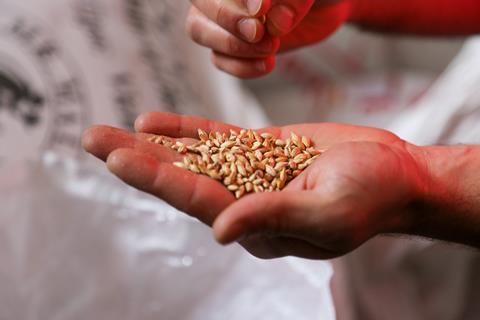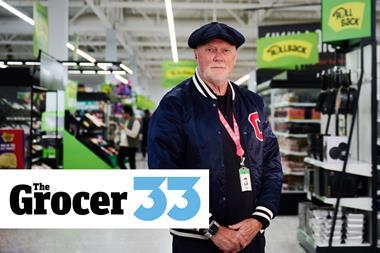
Alongside the present increases in aluminium costs, the beer industry should be prepared for further price increases or severe supply chain problems in light of the current crisis in Ukraine. Russia and Ukraine make up approximately a quarter of the world’s grain exports – and although our suppliers may not source from them directly, there will definitely be a knock-on effect.
One of the most pertinent dangers of this crisis is that there will be a direct increase in raw material costs across the continent. This specifically includes variations of grain such as barley and wheat, which are often used in the production of beer. Adding to this, the transportation links of grain from Central Asia to Europe will be disrupted by the conflict and air travel bans, adding to further delays on imports. If the crisis develops and the activity spreads to more countries, there will obviously be further supply disruption.
How is Russia’s invasion of Ukraine affecting food and fuel prices?
Because the UK doesn’t rely heavily on importing barley from Ukraine or Russia, it’s likely that the immediate shockwaves won’t materially impact British breweries. However, this won’t be the case for small independent breweries in Ireland, France and Germany, who may not have locked in security of supply. At HonestBrew, we are very aware of the current situation and keen to help any breweries that are struggling at this tough time.
The best ways for companies across the UK and EU to prepare for these knock-on effects from the war is to get in touch with their grain suppliers. Discuss fixed pricing over the coming months or aim to draw out any price increases over a longer period. This approach will make it easier to maintain more feasible raw material costs.
Alongside communicating with and diversifying suppliers, communication between brewers is crucial for understanding market movement and keeping up to date on supply across different countries. Finally, an innovative brewery could consider exploring additional verticals in order to reduce their reliance on grains.
With this in mind, there has never been a stronger need for collaboration across the brewery supply chain. Covid taught us the importance of developing closer, tight-knit partnerships with independent breweries. It is only by working together that the industry can get through this crisis and come out stronger in the long run.



















No comments yet